|
I had every intention of writing something thoughtful this weekend, but, well... I decided I'd rather finish watching Stranger Things on Netflix. If you've watched the series, you won't blame me. In the spirit of Stranger Things, I leave you with my favorite fantasy/adventure films from the 80s. Did I miss any?
0 Comments
While I’m convinced that humanity’s love and need for stories has not diminished, there is no arguing that storytelling and story “hearing” has changed dramatically over time. If we go back to the early days, I’m talking millennia, stories were passed along from generation to generation verbally… around campfires. (I’m sure stories were shared in other places, but our modern minds have an easier time imaging our ancient ancestors sitting around a campfire telling stories.) They told stories for many of the same reasons we do: to explain where we came from, to pass along important information necessary for survival, and to entertain. Written language was a breakthrough and allowed for stories to be recorded and preserved. However, since most people couldn’t read or write – and transcribing stories was a slow and arduous process – storytelling remained a public discipline, told or read aloud in public spaces. Technology changed everything. The printing press, and later radio, motion pictures, and the internet, brought a seismic shift in how we consume stories. In ancient times storytelling required at least two people. Today story “hearing” is mostly an individual practice. Sure, grandpas all over the world still tell “when I was a kid” stories but in today’s world Papa’s stories face tough competition. The proliferation of personalized stories delivered to the palm of our hand via Facebook, Netflix, and Amazon have completed a communication transformation: Mankind now consumes the majority of its stories without eye contact. Movies at a local cinema and live theater still provide the opportunity for the public consumption of story, but I think most people now consider these occasions special events. This past week I went to a Moth StorySLAM here in Los Angeles. StorySLAMs are an open mic storytelling competition open to anyone with a 5-minute story to tell based on the theme of the night. The theme this week was Back to School. Storytellers submit their name and then ten names are drawn at random. There are usually more names submitted than slots available, so not everyone gets a chance to share. (I submitted my name to tell a story, but my name was not selected.) Nonetheless, it is an entertaining evening for both storytellers and the audience. I am grateful for organizations like The Moth, which elevate the art and practice of live storytelling – storytelling that requires eye-contact. The stories are not vetted so everyone in the room is hearing the stories for the first time. Some stories are funny; some are heartfelt. They all carried a tone of honesty and vulnerability. Here is an example of a story told at a StorySLAM in 2015. The theme for the night was “Blame.” May it serve as a reminder of the importance and power of live storytelling. Pompeo Batoni, 1753, Hercules at the Crossroads I’ve been staying up way too late this week watching the Olympic games in Rio. It has reminded me how much we love our heroes. It is not just the skill or physical ability of the athlete that we admire; it is what the athlete overcomes that makes him or her a hero. NBC understands this, which is why it seems half the Olympic coverage is dedicated to the “human interest stories” behind the competition.
As a writer, I think a lot about heroes and what makes a hero. You may recall, the Olympic games originated in the 8th Century B.C. in Greece to honor the god Zeus. One of the greatest mythological heroes of all time was Heracles, son of Zeus. You many know him better by his Roman name Hercules. As the story goes, Heracles was half god (son of Zeus) and half man (son of Alcmene, a human). Thrown into madness by his jealous stepmother, Heracles murders his own family. When he comes to his senses he is overwhelmed with guilt. So Heracles goes to an oracle and begs for a way to atone for his actions. The oracle instructs Heracles to serve King Eurystheus for ten years. King Eruystheus assigns ten labors to Heracles. Each task was designed to make Heracles fail and humiliate him on a public stage. The ten labors turned into twelve after the King rejected the work of two of the tasks, claiming Heracles had help. Nonetheless, it was quite a to-do list: Slay the Nemean lion Kill the nine-headed Hydra Catch the Golden Hind of Artemis Catch the Erymanthian boar Clean the Augean stables in a single day Kill the Stymphalian birds Capture the bull of Crete Steal the mares of Diomedes Take the girdle of Hippolyta, queen of the Amazons Steal the cattle of Geryon the Giant Steal the apples of Hesperides Capture Cerberus, three-headed dog of the underworld It is important to note that these were not normal animals, but godlike creatures with extraordinary powers. For example, the Nemean lion had golden fur that was impenetrable by arrows. The nine-headed hydra could regenerate its heads; if you chopped off one head two more grew in its place. To the surprise and horror of the King, Heracles completed each labor. He was fearless and demonstrated incredible cleverness and strength, at times receiving divine help. After Heracles completed the final labor, which involved a trip to the underworld, the King became so terrified of Heracles’ strength that he released him from his service. What I find interesting about Heracles is that his greatest victories were a direct result of his need to atone for his failures. To say Heracles was flawed would be an understatement. Not only was he responsible for his children's death, he was known for his veracious appetite for food, drink, and sex, which eventually brought about his demise. Heracles died when his wife, angered by his philandering, gave him a tunic to wear. It was lined with poison and it burned his human form away until all that was left was his divinity. But here is the thing about Heracles: he had a choice. As the story goes, when Heracles was a boy herding cattle in the mountains he was approached by two nymphs whose names were virtue and pleasure. They offered him a choice between an easy but unremarkable life or a glorious but hard life. Heracles chose glory. We love our heroes and praise them for what they can do, but we forget that heroes don’t live normal lives. Heroes live on the margins where their mistakes are public humiliations and their victories public adorations. I think that’s why we love our heroes despite their flaws. They had the courage to aspire for glory, to choose the hard road. With cleverness, strength, and at times a little help, they overcome their humanness to accomplish something extraordinary. Ultimately, I think heroes give us the hope that we too may not be defined by our weakness but by our courage and strength. Go team USA. If I am not the target audience for a film about an improv troupe written and directed by Mike Birbiglia and produced by This American Life’s Ira Glass, I am not sure who is. I made a point to see Don’t Think Twice this weekend. As I took my seat I looked around the theater and recognized the faces of several LA improvisers. The very funny Joe Lo Truglio was sitting in front of me. I wondered if they were thinking the same thing I was: who makes a serious film about improv? I have written about my love for improv in previous posts. I am an alum of Improv Olympic and The Second City. I’ve taught improv for years. Every time I step into black box theater and see an empty stage with a couple chairs on it, I the get the chills. There’s always an urge within me to jump on the stage, to play, to see what happens. Improv is like a splatter painting. Some say it is silliness; others claim it is art. I think it is both. Individual characters and performances can be quite silly, but the discovery that is made as a group is art. What I appreciate about the film is that even though the cast if comprised of very funny individuals, the story is about the group. The film is about the art of improv. The question that drives the narrative of the film is one of success: what is success and what happens to the troupe when some members find success and others don’t? It is an honest story grounded in authentic characters and it hits close to home. I know these people. I’ve been there. I’m still there. The irony of Don't Think Twice is that all the actors in the film have had what most would consider successful careers. I wonder if they made the film for all their improv friends that haven’t found success the way they did. The film isn’t for everyone, but if you are familiar with performance theater and especially improvised theater - or if your twenties were all about hope and you’ve spent your thirties realizing how dumb it was to hope - I highly recommend it. |
AuthorA WRITER AND TRAVELER KEEPING THE FAITH IN LOS ANGELES Subjects
All
Archives
August 2022
© 2022
|
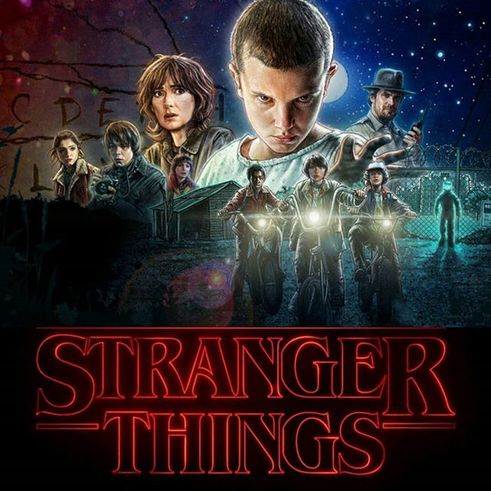
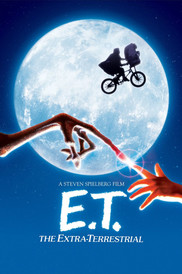
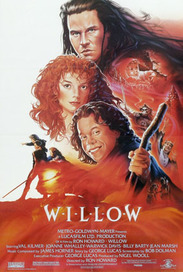
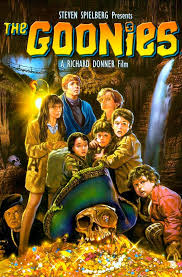
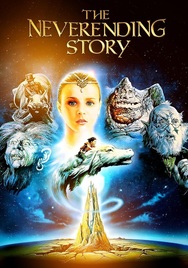
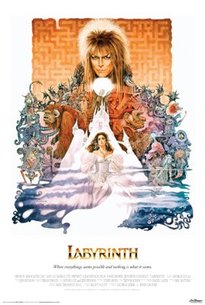
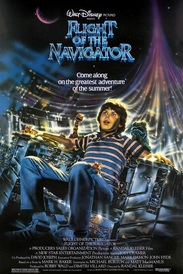
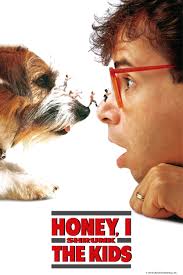
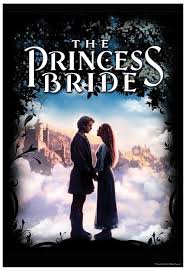
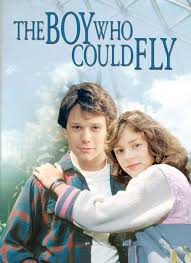

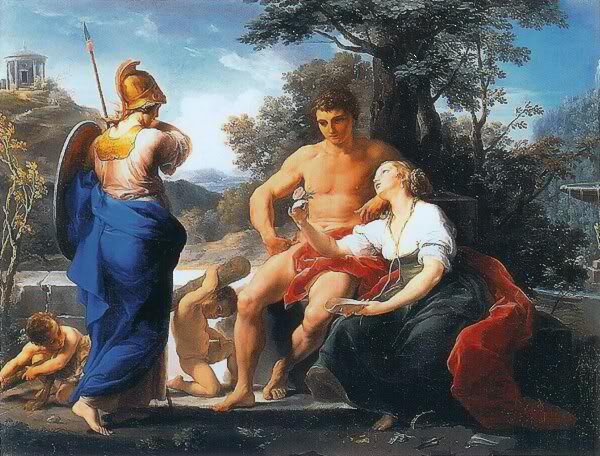
 RSS Feed
RSS Feed